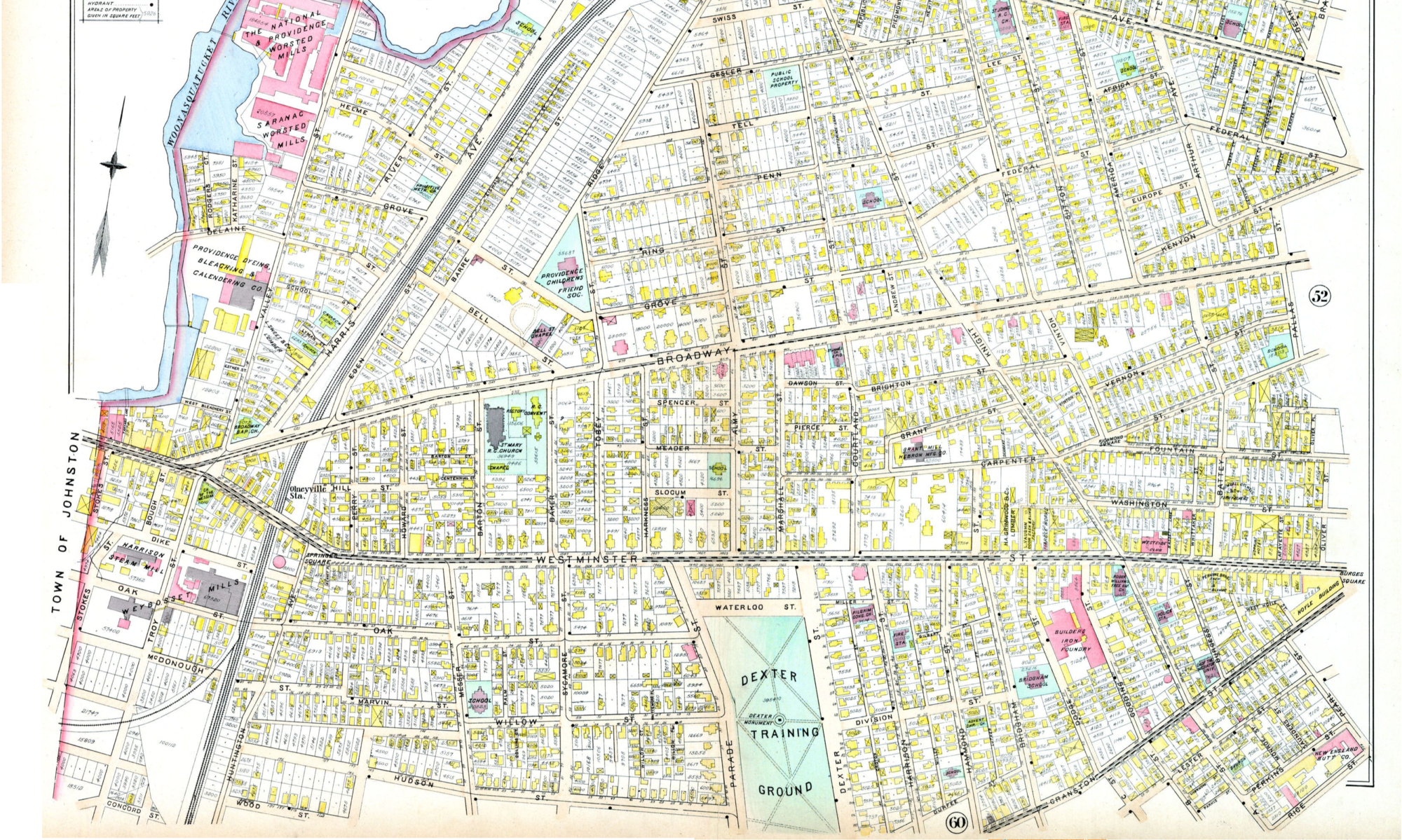I wrote this story spontaneously for my friends in Crowfoot, inspired by the Fair Folk described within. The spontaneity is preserved below (i.e. it’s unedited and probably full of typos.) I hope you enjoy it.
*****************************
Once there were several fair folk. “Once” might be the wrong world, because as you know, fair folk live in a land that is somewhat chronologically askew from our own. What’s that? You’re not clear on “fair folk” either? Well, they’re the foundation of the popular conception of “fairies”, though I’m sure if you showed them a picture of what most people consider a “fairy”, they would laugh merrily. They are more akin to Susanna Clarke’s portrayal of the gentleman with thistledown hair from her tome of a novel, Jonathan Strange and Mister Norrell. If I recall, this gentleman is somewhat green-tinted and spidery, and possessing of a wild magic. But this portrayal may be more sinister than reality. Or it may not. We shall see.
Anyways, where were we? Oh yes. Once (or perhaps multiple times or no time) there were several of these beings. Three, to be precise. That is not a picture of them; it is a picture of three popularly-conceived elves. Elves are no more correct than fairies. These creatures are purely mythological. Fair folk are powerful and majestic beings, who most of the time do not take interest in the lives of humans. But they do love music. Oh my do they love music. As may be known to you, music is powerful, majestic, and wild in a way that you might agree would be attractive to such beings. Are you aware of the story of King Orfeo? Sometimes, exceptionally impressive music can buy you favor with them. Keep that in mind if you ever should meet some.
Beyond merely its appreciation, fair folk excel in the creation of music. And few made music like these three. Their mastery of harmony and rhythm, tone and melody were beyond the imagination of most humans. Their talents were renowned throughout the fair kingdom Susanna Clarke refers to as “Last-Hope”, which sits astride our own lands and intersects at peculiar metaphysical angles.
Let me tell you how these three fair folk came to make their beautiful music in our lands rather than their own. In truth, but one of the trio was truly and fully of that land. She strolled from the fair kingdom into our land one day, whether aimlessly or purposefully, and singing all the way. Her path took her through a village, where there was a human man whose music was among the finest of any of his kind. He played with rhythm and grace, so much so that crowds would gather to hear his songs. Indeed, our fair woman was flabbergasted to hear his music. She’d not heard a man so talented before. At the end of a song, as he continued strumming chords, she approached him (powerfully slinking in the seductive and uncanny fashion of her kind) and produced her fiddle from who-knows-where (she hadn’t seemed to be carrying it a moment ago). She began to play along to his chords, and instantly they clicked. They played on and on, until their hands were torn and bruised. With few words spoken outside of music, they were away to rest together. For she had decided: this was a worthy human.
Then she was gone, and the man played sad ballads for years to mourn the living dream he had encountered of one short evening. He knew not whether it had been a mere fabrication of sleep’s wiles, or truth, but for a dozen years or more he could not dismiss it as fantasy. One day, he took it upon himself to find her. He strolled the nearby hills, playing as wonderfully as ever, searching for signs that the magical woman was to be found. Sounds like a silly idea, but turns out it was lucky, or timely, or fated, or all three.
As he rounded one shady hill, he heard the sound of lilting notes carried on the breeze down the path. He followed their beckoning, and indeed, there she was. Nor was she alone, for sitting on another rock across the path from her, playing in rich harmony, was another member of her people. This fair one complemented the fiddle with moving chords played upon the bellows of an accordion, or with sharp counter-melodies over the hole of a flute. Our man was not plagued by an ounce of jealousy, but simply rode his wave of joy toward them. They slowed their playing not as they acknowledged his presence, and soon the three were playing in rousing synchrony, like the intricate collaboration of muscles in a running wolf or a flying crow.
These three continued to play for some time, and then paused to rest. There was more human joy in this meeting, with smiles and food exchanged and appreciated. For as our man soon realized, these two had left their land for his own, with a mind to play music among humans. The man expressed sympathy for a difficult choice, but they replied only with joy at having made a firm decision that involved music. As if to emphasize their point, they broke back into playing, with a driving major melody that expressed nothing but pure excitement and joy. The human man joined them, and they played into the night, until they could play no longer.
From then on, they roamed the countryside, delighting man, woman, and child with their joyful reels and haunting songs, melancholy ballads and playful jigs. They were appreciated the land over, and their magic touched many. For to them, the timeless power of music was as breath, and they bestowed it with gentle grace and reckless abandon on all they encountered.
